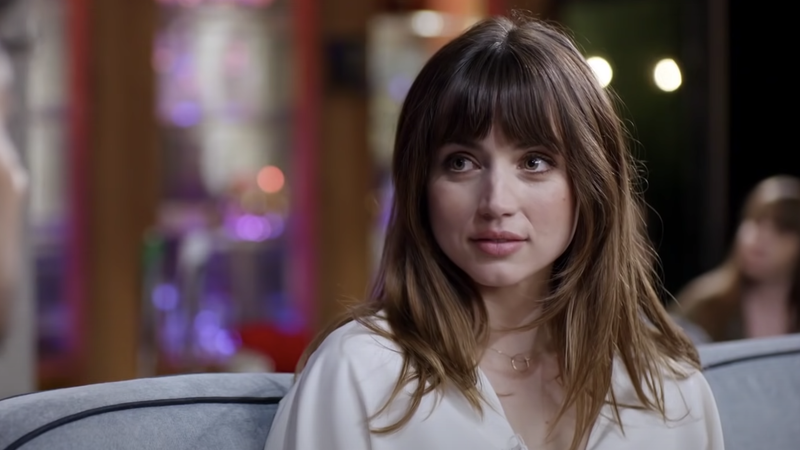Ana de Armas fans know—and may change—the law, baby

- Oops!Something went wrong.Please try again later.
With their love of Ana de Armas and hatred of false advertising, two fans have set a precedent when it comes to deception in movie trailers. The two filed a lawsuit earlier this year after renting 2019's Yesterday, only to realize the final theatrical release contained no de Armas, despite her appearance in the trailers released by Universal.
A California judge has ruled in favor of the stans, ruling that movie trailers qualify as “commercial speech” and are subject to the California False Adverting Law and Unfair Competition Law. So, when Universal teased de Armas’ role in Yesterday’s initial trailers—only to remove all of her scenes later—they duped the viewers who rented the film on the pretense she had a significant role and would not have purchased the film otherwise.
Read more
Yesterday Trailer #1 (2019) | Movieclips Trailers
Universal’s shaky defense argued movie trailers fall under “artistic, expressive work,” and therefore do not qualify as “commercial speech.” While there may be some artistic merit to trailers, their main objective is to entice prospective viewers by showcasing the film’s stars and major plot points.
“Universal is correct that trailers involve some creativity and editorial discretion, but this creativity does not outweigh the commercial nature of a trailer,” U.S. District Judge Stephen Wilson wrote on the ruling. “At its core, a trailer is an advertisement designed to sell a movie by providing consumers with a preview of the movie.”
De Armas was set to appear in Yesterday as a secondary love interest to Himesh Patel’s character after the two meet on a late-night talk show together (hosted by James Corden, of all people). The film’s screenwriter previously explained the scenes were cut due to audiences’ displeasure with seeing the lead character pursue a romance outside of his relationship with Lily James’ Ellie.
Universal’s defense argued that ruling in favor of the plaintiffs would set a dangerous precedent, allowing any moviegoer to sue over dissatisfaction with a film despite enjoying the trailer.
“Under Plaintiffs’ reasoning, a trailer would be stripped of full First Amendment protection and subject to burdensome litigation anytime a viewer claimed to be disappointed with whether and how much of any person or scene they saw in the trailer was in the final film; with whether the movie fit into the kind of genre they claimed to expect; or any of an unlimited number of disappointments a viewer could claim,” the studio’s lawyers argued, per Variety.
However, Wilson attests there are limitations to the ruling. “The Court’s holding is limited to representations as to whether an actress or scene is in the movie, and nothing else,” the judge writes.
Plaintiffs Conor Woulfe and Peter Michael Rosza seek $5 million in damages. The case will now move onto discovery and a motion for class certification.
More from The A.V. Club
Sign up for The A.V. Club's Newsletter. For the latest news, Facebook, Twitter and Instagram.

